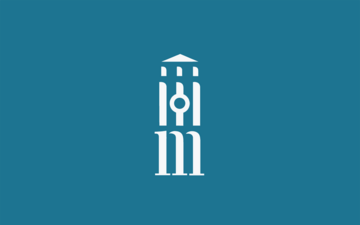Court offers mixed ruling on NCAA pay for college athletes

On Wednesday, the United States Court of Appeals for the Ninth Circuit ruled that limiting compensation to the cost of attendance, in exchange for licensing of the players' names and images, was sufficient under federal antitrust law. Under this ruling, the N. C. A. A. will be allowed to prevent universities from compensating their athletes beyond the cost of attendance.
As college sports continue to generate millions of dollars in revenue through broadcasting and merchandising, some parties have advocated for greater financial payoff for athletes. However, as part of the ruling Wednesday, the 9th Circuit threw out a judge's proposal from last year that the N. C. A. A. allow colleges to pay athletes $5,000 in compensation.
N. C. A. A.’s president, Mark Emmert, said to reporters, “I was particularly pleased that the court recognized the fundamental difference between providing support for student-athletes that’s education related and, to use their words, ‘cash sums’ that were untethered to educational expenses.”
Mr. Emmert referred to the N. C. A. A.'s model of amateurism: the idea that because college athletes are amateurs and attend school, anything amounting to pay for play would professionalize the players, and it would make the system more like a minor league than a collegiate one. The case illuminates a broader debate about whether college athletes should be compensated for their labors that are, in effect, extremely profitable for universities and related organizations across the country.
Several University of Michigan Press authors have published thoughtful, accessible books on the subject. Walter Byers' Unsportsmanlike Conduct, which was featured on Last Week Tonight with John Oliver this summer, argues that the increase in revenue and visibility has created enormous competition among universities and even prompted some to cheat in their compensation methods. "A liberalizing of NCAA recruiting and financial aid rules," Byers writes, "would only elevate the cheating to higher financial levels."
These claims are echoed by James J. Duderstadt, a former University of Michigan President, in his book Intercollegiate Athletics and the American University: A University President's Perspective, which provides unparalleled insight and perspective from within the university system. "The objectives of these college sports activities have become market share and commercial value," Duderstadt argues, "and the welfare of their players as students has been largely ignored."
In his book The Supreme Court and the NCAA, Brian L. Porto proposes an effective legislative plan for Congress that would fix many of the flaws in collegiate athletics. "It is hopeful that, even without a major cultural shift by the American public against athletic commerce, the commercial excesses and legal deficiencies of the existing system can be ameliorated in favor of education and fairness."
With the controversy over compensation to student athletes likely to continue, it will be interesting to see whether this case makes it to the Supreme Court and what verdict the justices might render.


